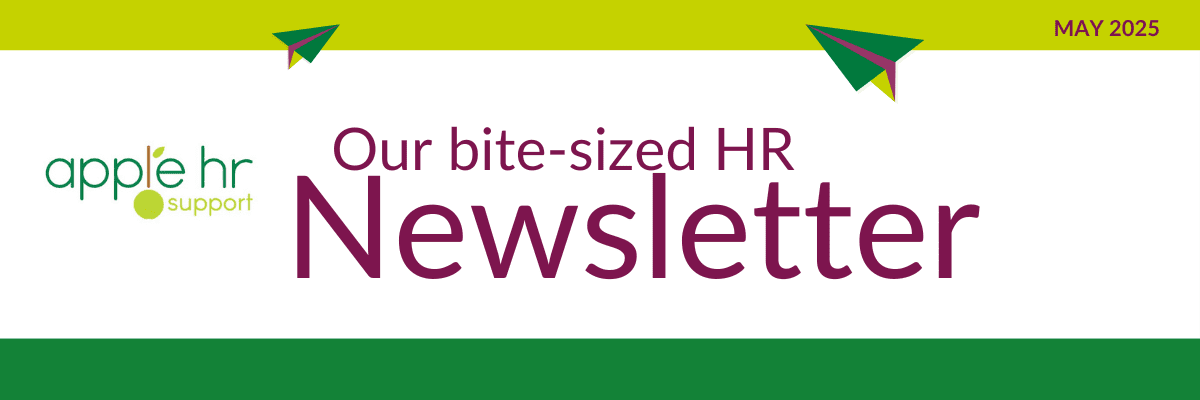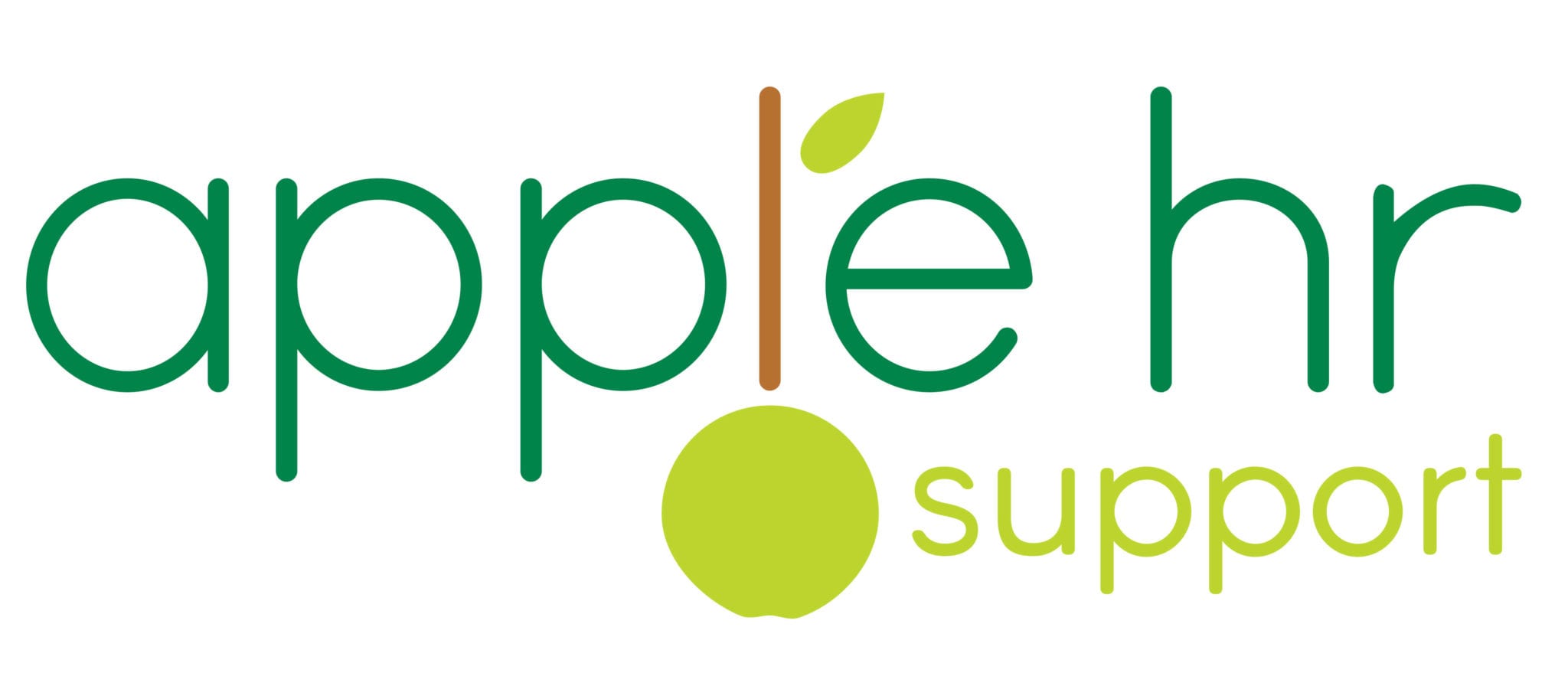
Is it possible to reduce business costs without harming productivity?
Many business owners tackle cost-cutting by making impulsive, quick decisions.
But the result often damages morale, reduces efficiency and harms long-term profitability.
As HR consultants, here’s our proven strategy for reducing costs without negatively impacting your team:
✅ Conduct a cost analysis
Identify what’s essential, discretionary or redundant. Eliminate waste, streamline processes and benchmark your spending.
✅ Involve your employees early
Your team often knows exactly where costs can be cut without harming day-to-day operations. Listen, communicate and involve them from the start.
✅ Focus on efficiency, not just cutting back
Invest in automation, simplify workflows and encourage mindful use of resources.
✅ Review supplier and contractor agreements
Regularly renegotiate contracts, consolidate suppliers and ensure that you’re getting competitive pricing.
✅ Be careful about workforce reductions
Explore alternative solutions first: reduced hours, flexible working or temporary salary adjustments rather than permanent layoffs.
✅ Invest in your existing talent
Training your current employees is often far more cost-effective than recruiting or outsourcing.
✅ Preserve your company culture
Clearly communicate your plans, reassure employees and celebrate small wins to keep morale high.
If you’re unsure how to manage costs effectively without damaging your team’s morale, drop us a message. We’d be happy to talk.
Could helping employees with money worries benefit your business?
Money worries are high amongst younger employees at the moment. High living costs, student loans and confusion over pensions can lower morale and productivity, affecting your business too.
There are some simple measures you could take to make your business an attractive place to work, especially for younger talent.
Gen Z values transparency, so be open about how pay decisions are made. Additionally, you could share easy-to-understand resources such as podcasts, offer flexible payroll schedules and clearly explain any accessible saving and pension schemes that you offer.
If you need help with this, reach out.
(Source: https://www.hrmagazine.co.uk/content/comment/can-hr-help-close-the-generational-wealth-gap)
Watch out – crackdown on right to work checks
The government recently revealed that enforcement teams raided 828 premises in January 2025, targeting nail bars, car washes and restaurants. These raids resulted in 609 arrests, which is a 73% increase compared to last January.
Make sure you’re protected. Get in touch today.
(Source: https://hrzone.com/government-crackdown-on-illegal-workers-right-to-work-checks/)
Q&A
Is it advisable to settle before a case goes to an Employment Tribunal (ET)?
Yes, it’s usually advisable to explore settlement options before an ET hearing. Settlements can save significant time, money and stress compared to formal tribunal proceedings, which can be lengthy and costly. Early resolution also protects your business’s reputation, avoids prolonged disruption and often provides greater control over the outcome.
Seeking professional HR or legal advice early can help you to negotiate effectively and reach a fair agreement for all parties involved.
How can I manage staff performance without a formal HR team?
Start by clearly setting measurable expectations for your employees from day one. Regular, informal conversations help to discuss progress, provide constructive feedback and acknowledge achievements. Keep simple records of these interactions to monitor performance fairly over time. If issues emerge, address them quickly and positively, offering guidance and support, with expert advice available when needed.
If you don’t have an in-house HR team, partnering with an HR consultant can provide invaluable support.
When should I consider creating an employee handbook?
It’s best to create an employee handbook as soon as you start expanding your team.
A handbook helps to clearly outline your company’s policies, expectations and culture, setting a consistent standard for everyone. It provides new hires with essential information, establishes transparency and helps to reduce misunderstandings or disputes.
Regularly reviewing and updating your handbook as your business grows ensures that it stays relevant, compliant with employment law and aligned with your values.

